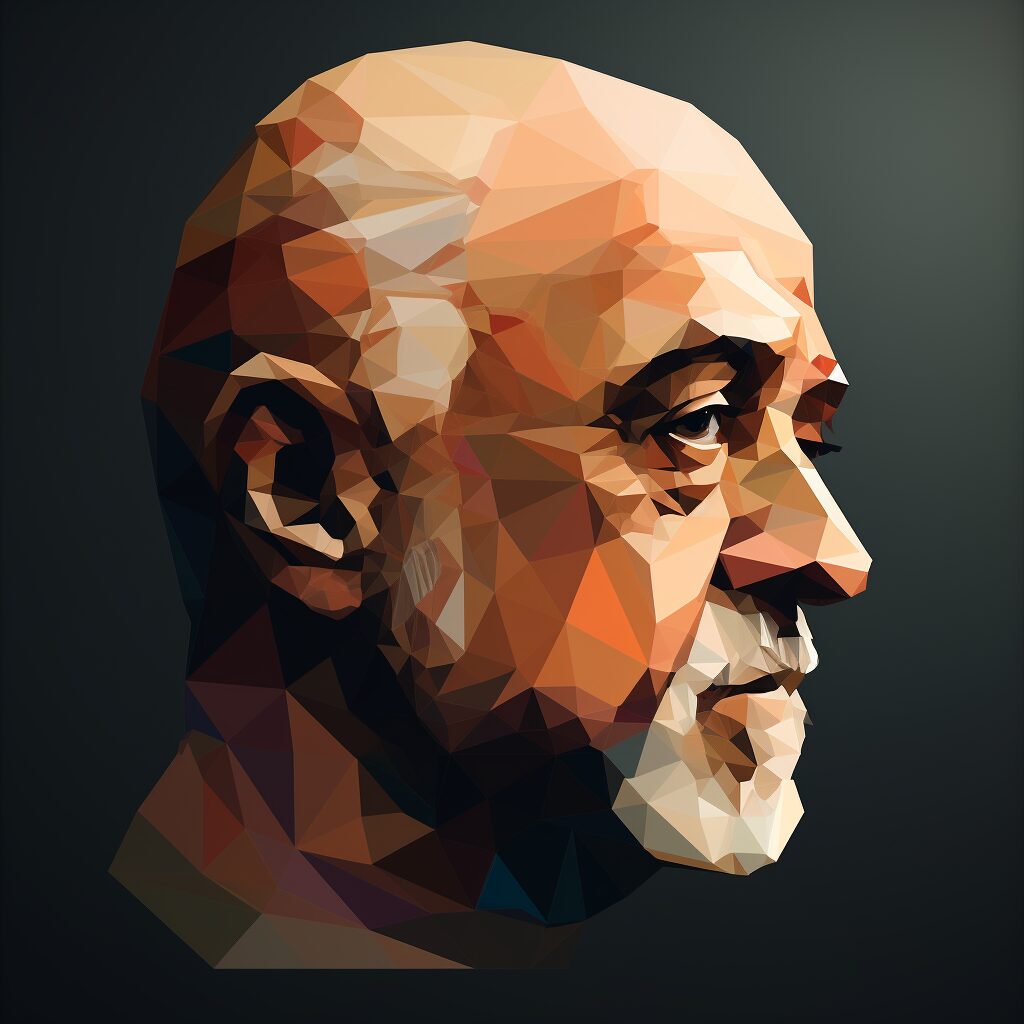This quote suggests that every individual has two primary paths in life: action and contemplation. Action refers to the tangible steps we make in our lives, the decisions we enact, the paths we choose to walk. Contemplation, on the other hand, refers to our internal dialogue, our thoughts, reflections, and introspections. Despite their differences, both paths lead to the same destination: self-understanding and personal growth.
The beauty of this concept lies in its universality. Regardless of which path one chooses, the end goal remains the same. It suggests that there isn’t a wrong or right way to navigate life, but rather different methods of reaching the same understanding.
In today’s fast-paced world, this quote underscores the importance of balance. In a society that often values action over contemplation, it serves as a reminder that introspection is equally important. It’s easy to get caught up in the hustle and bustle of daily life, focusing solely on doing, achieving, and progressing. However, without taking the time to contemplate, to reflect on our actions and their implications, we risk losing sight of our true selves and our purpose.
In terms of personal development, this quote can serve as a guide. It suggests that personal growth doesn’t solely come from action— from achieving goals or ticking boxes. It also comes from contemplation, from taking the time to reflect on our experiences, our choices, and our feelings. This balance between action and contemplation allows for a more holistic approach to personal development, one that values both external achievements and internal growth.
Ultimately, this quote reminds us that every individual’s journey is unique. Whether we lean more towards action or contemplation, the key is to find a balance that allows for personal growth and self-understanding. This balance, in turn, leads to a more fulfilling and meaningful life.




